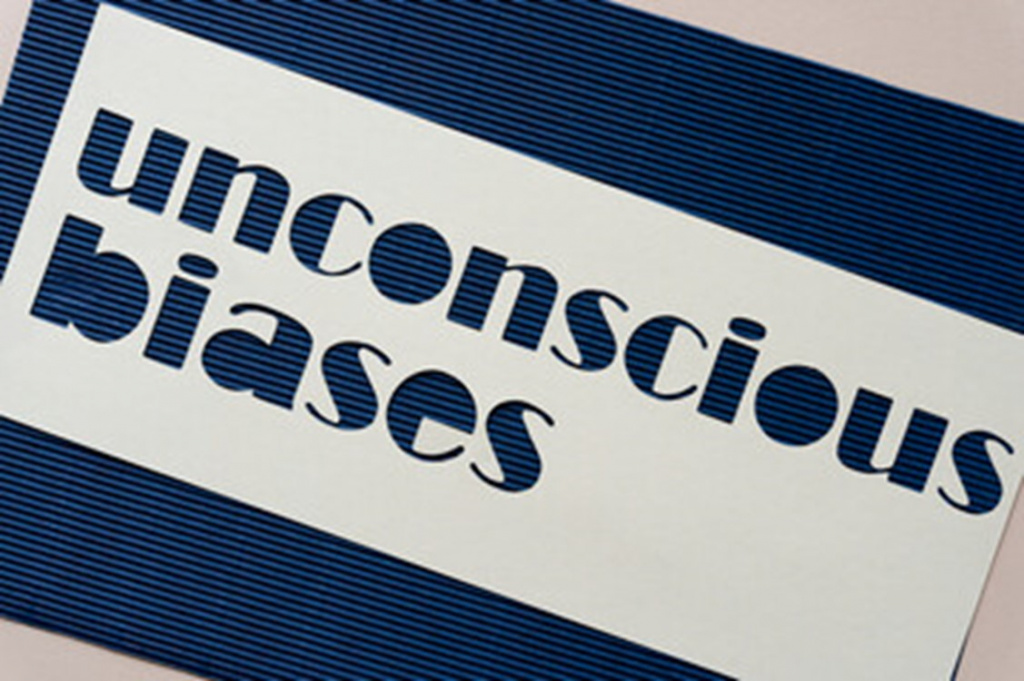We’ve consciously held off on joining the Prince Harry debate about unconscious bias and race discrimination because of press overload. That said, from a UK employment law perspective, it is a live topic. Employment Tribunals have to consider issues surrounding unconscious bias and race discrimination, as in a December 2022 judgment, when one found that the University of Portsmouth had racially discriminated against an academic of Indian descent, who has an audible accent, when reallocating her role to a less experienced white candidate. Dr Sharma held a five year fixed-term contract as an Associate Head of Organisational Studies and Human Resources Management. She was aware that, in principle, the University would be able to look for another candidate to replace her at the end of her contract if it so wished. However, she was also aware that it was generally expected that she would be reappointed, if she wished to stay on. When her fixed-term contract was coming up for renewal/expiry, she found herself being interviewed for the role. The University ultimately chose between her and another candidate who had made it onto the final shortlist. That other person was a white British woman. Of the three-person selection panel, only one supported Dr Sharma. The other two supported the other candidate. Dr Sharma requested feedback as to why she had been unsuccessful. When she failed to receive any, she lodged a grievance, suggesting that race was a factor in the decision not to reappoint her. Dr Sharma had also experienced some race discrimination at the University in the past. Her line manager, Professor Rees, had asked her to report on work-related items before allowing her to travel to India upon the death of her father. He had proceeded to contact her about work whilst she was on bereavement leave. He had also declined her request for further support to carry out her role while her infant son was critically ill, despite having granted comparable support to white colleagues. The Tribunal could identify no evidence that the appointee would have been a better fit than Dr Sharma. It found that the University’s failure to reappoint her constituted race discrimination after the University was unable to show that the selection process had not been motivated by race and the Tribunal agreed that her line manager had treated her differently to white colleagues. Employment Judge Elizabeth Rayner stated that this was a “case of subconscious discrimination”. Although Professor Rees is clearly a senior academic, his failure to support and encourage Dr Sharma in the way that he had supported and encouraged other white members of staff, pointed towards unconscious (also known as subconscious) bias. The Judge concluded: “his involvement in the recruitment process and his subconscious bias means that the failure to recruit the claimant was an act of race discrimination”.

